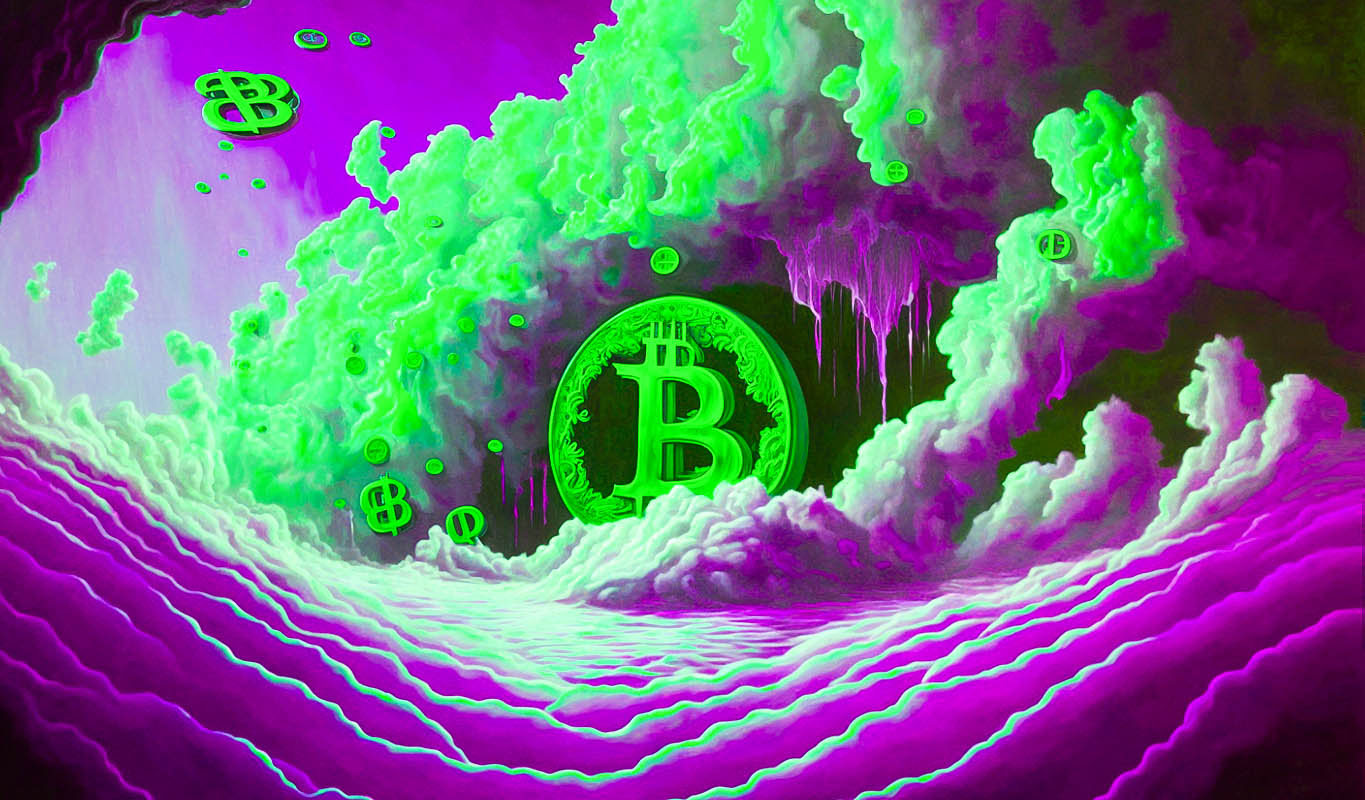The CEO of banking behemoth JP Morgan, Jamie Dimon, made several controversial statements that could support Bitcoin’s bullish long-term thesis. According to a report from the Telegraph, Dimon claims that the government “should seize private” property to build renewable energy projects.
Taking Away Your Property To Build Green Energy
The banking executive suggested this could be the only way for governments to reach their net zero carbon emissions targets. Dimon added that the window to fight against climate change is “closing.” Thus, the government should apply these desperate measures.
In a letter to investors, the JP Morgan executive said:
Permitting reforms are desperately needed to allow investment to be done in any kind of timely way. We may even need to evoke eminent domain – we simply are not getting the adequate investments fast enough for grid, solar, wind and pipeline initiatives.
Dimon used the conflict between Russia and Ukraine as an argument that could justify the government carrying out “eminent domain,” a measure to nationalize property en masse. According to the executive, the war changes how the world “plans for energy security.”
When the conflict between these countries exploded, European countries were hit with higher energy prices. The energy crisis in the old continent led to a series of changes and less dependency on the Russian energy supply.
However, Dimon claims countries should “do more” to protect their energy security against all threats, including climate change. He added:
We need to do more, and we need to do so immediately.
To expedite progress, governments, businesses and non-governmental organisations need to align across a series of practical policy changes that comprehensively address fundamental issues that are holding us back. Massive global investment in clean energy technologies must be done and must continue to grow year-over-year.
 Why Bitcoin Matters More Than Ever
Why Bitcoin Matters More Than Ever
Dimon called on investors, stakeholders, and regulators to unite and “accomplish the goals we want.” If the banking executive succeeds in his calling, these investors and stakeholders could lose millions of dollars on their properties.
In that sense, the decade-old decentralized network launched by Satoshi Nakamoto as a response to the 2008 economic crisis seems like the only alternative for investors that want to protect their assets. Bitcoin is the only asset that virtually cannot be seized by a central government or any other party.
Regulators and investors know Bitcoin’s capacity to offer citizens an escape from the fiat world. The former agents have been tightening their rules and laws on crypto and the nascent industry by locking people out of exchanges and companies from digital assets.
On the other hand, according to data from Bitfinex Alpha, investors have been accumulating more BTC as the world takes another step into totalitarianism, banks collapse, and growing economic uncertainty. The number of BTC addresses with non-zero balances reached a record high.

As seen in the chart above, these addresses continue their upward trend, despite the crypto winter. As the graph shows, Bitcoin’s adoption is to the upside as more people awake to the potential reality of the XXI century, a world of expropriation justified by a “good cause” determined by banking executives or the government.
Cover image from Unsplash, chart from Tradingview





